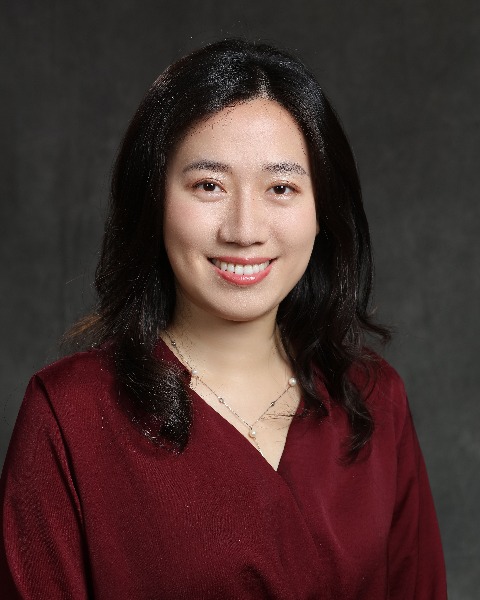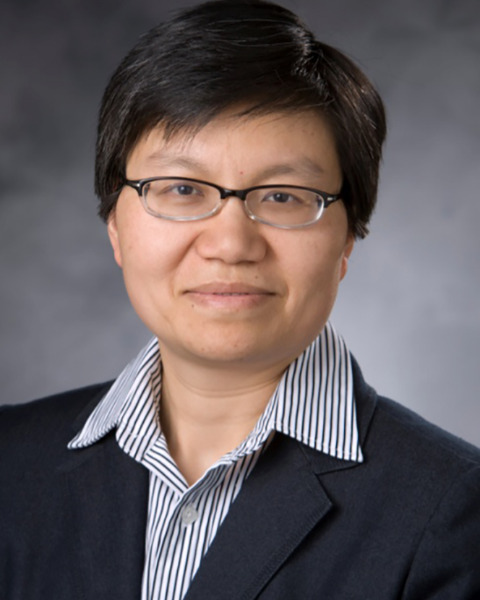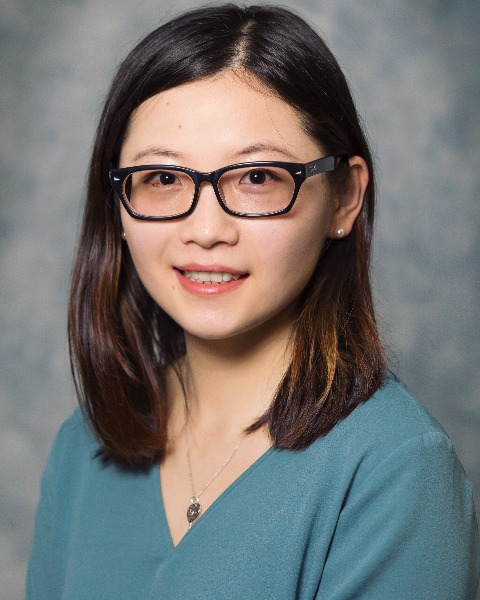Program Area: Health Sciences
Supporting Family Caregiving for Persons with Dementia from Cultural and Life-Course Perspectives
-

Jing Wang, PhD
Assistant Professor
School of Nursing
Fudan University
Shanghai, Shanghai, China (People's Republic) -

Bei Wu, PhD (she/her/hers)
Dean's Professor in Global Health
Rory Meyers College of Nursing
New York University
New York, New York, United States -
YP
Yaolin Pei, PhD
Research Scientist
Rory Meyers College of Nursing
New York University
New York City, New York, United States -
MH
Mengyao Hu, n/a
PhD Candidate
School of Nursing
New York University
New York, New York, United States -

Xiang Qi, BSN
PhD Candidate
Rory Meyers College of Nursing
New York University
New York City, New York, United States -

Hanzhang Xu, PhD, RN
Assistant Professor
Family Medicine and Community Health
Duke University
Durham, North Carolina, United States -

Weiyu Mao, PhD
Associate Professor
School of Social Work
University of Nevada, Reno
Reno, Nevada, United States
Chair(s)
Co-Chair(s)
Individual Symposium Abstract First Author(s)
Providing person-centered and culturally sensitive support for persons with dementia and their family caregivers is critically important. This symposium focuses on understanding and supporting decision-making and family caregiving through a lens of a life course perspective. The first study explored Black and White family caregivers’ experience of adjusting to their new role as caregivers of persons with dementia during the COVID-19 pandemic. The pandemic added to the complexity of their challenges and demonstrated the need for person-centered support. The second study provided insights into Chinese American family caregivers’ attitudes toward and the preference of shared family decision-making on tube feeding for their family members with dementia. Almost all the participants considered pain and discomfort relief as a priority in decision making. The third study synthesized the literature on decision aid interventions for family caregivers of older adults with advanced dementia regarding tube feeding. The study found that culturally sensitive and family-centered decision aid interventions are needed to support the decision-making of tube feeding. The fourth study used data from two national databases and identified positive aspects of caregiving. It highlighted the significance of tailoring support for family caregivers based on their caregiving responsibilities and care recipients’ cognitive status to enhance the positive aspects of caregiving. The last scoping review identified and synthesized existing technology-based interventions to address social isolation and loneliness among informal dementia caregivers. The results suggested that technology-based interventions could reduce feelings of loneliness and improve caregiver well-being.
Learning Objectives:
- After attending this session, participants will be able to understand family caregivers’ experience of adjusting to their new role as caregivers of persons with dementia during the COVID-19 pandemic.
- Understand Chinese American family caregivers’ path of decision making on tube feeding for family members with advanced dementia from a cultural perspective
- Use empirical evidence to discuss developing culturally sensitive intervention programs to improve positive aspects of family dementia care and discuss the strengths and weaknesses of existing technology-based interventions to address social isolation and loneliness among informal dementia caregivers.
Presentations:
-
4:30 PM – 6:00 PM ETThe Attitudes of Chinese American Family Caregivers of Older People with Dementia Toward Tube Feeding
Individual Symposium Abstract First Author: Yaolin Pei, PhD – New York University
-
4:30 PM – 6:00 PM ETPositive Aspects of Caregiving in Different Caregiver Groups
Individual Symposium Abstract First Author: Mengyao Hu, n/a – New York University
-
4:30 PM – 6:00 PM ETDecision-Aid Interventions to Support Dementia Caregivers' Decision-Making About Feeding Options
Individual Symposium Abstract First Author: Xiang Qi, BSN – New York University
-
4:30 PM – 6:00 PM ETBecoming a Dementia Care Partner During the COVID-19 Pandemic
Individual Symposium Abstract First Author: Hanzhang Xu, PhD, RN – Duke University
-
4:30 PM – 6:00 PM ETReview of Technology-Based Interventions Addressing Social Disconnection Among Dementia Caregivers
Individual Symposium Abstract First Author: Weiyu Mao, PhD – University of Nevada, Reno
